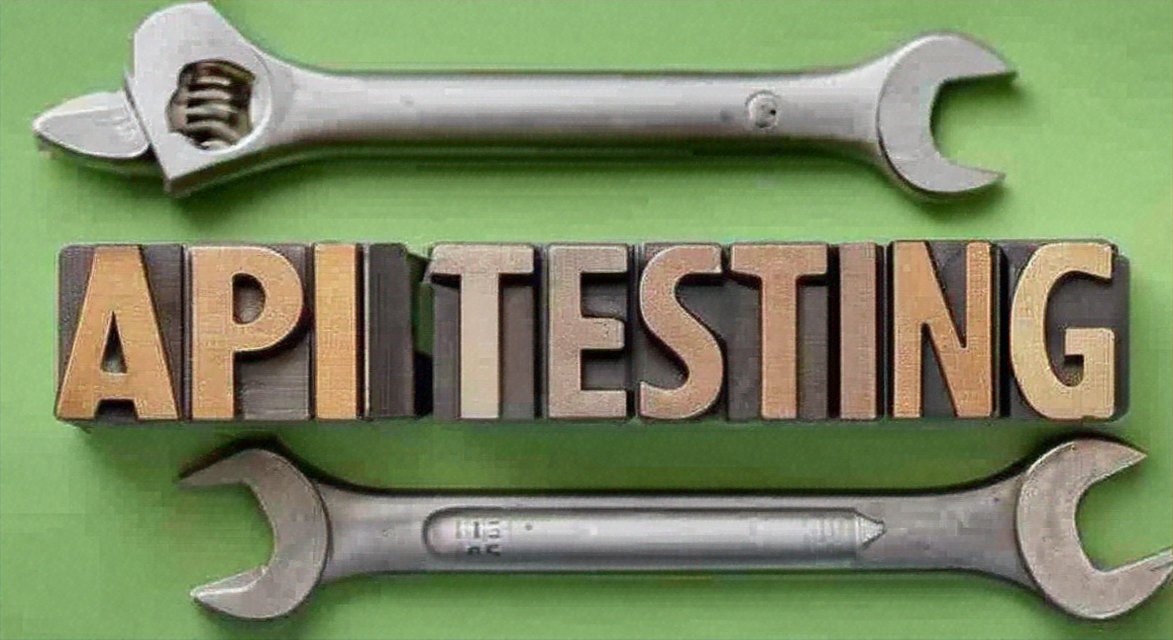In-Depth Analysis of API Testing Tools: What Makes Each One Unique?

In today's fast-paced digital world, APIs (Application Programming Interfaces) have become the backbone of modern software development. They enable different software applications to communicate with each other, making integration seamless and efficient. However, with the increasing complexity of APIs, the need for robust testing tools has also grown. This article delves into the world of API testing tools, analyzing what makes each one unique and how they cater to different testing needs.
Understanding API Testing
Before we dive into the specifics of various API testing tools, it's essential to understand what API testing is all about. API testing is a type of software testing that focuses on the functionality of an API. It ensures that the API performs as expected and meets the required specifications. This testing is crucial for identifying any issues or bugs in the API, which can impact the overall performance of the application.
Why is API Testing Important?
- Ensures API Functionality: API testing ensures that the API functions correctly and meets the required specifications.
- Improves Application Performance: Identifying and fixing API issues early in the development process can improve the overall performance of the application.
- Enhances Security: API testing helps in identifying security vulnerabilities in the API, ensuring that sensitive data is protected.
Top API Testing Tools: A Comparative Analysis
Now that we have a basic understanding of API testing, let's take a closer look at some of the top API testing tools available in the market. Each of these tools has its unique features and capabilities, making them suitable for different testing needs.
1. Postman
Postman is a popular API testing tool that is widely used by developers and testers. It offers a user-friendly interface and a variety of features that make API testing easy and efficient.
- Features:
- Request and Response Editor: Allows users to create and edit API requests and view responses.
- Collections: Organizes API requests into collections, making it easier to manage and execute tests.
- Automated Testing: Supports automated testing using JavaScript and other scripting languages.
- Unique Selling Points:
- Extensibility: Postman has a rich ecosystem of plugins and integrations.
- Community Support: Postman has a large and active community, which provides valuable resources and support.
2. SoapUI
SoapUI is a powerful API testing tool that is widely used for testing SOAP and REST APIs. It offers a comprehensive set of features that cater to both beginners and advanced users.
- Features:
- Test Automation: Supports automated testing using Groovy and other scripting languages.
- Load Testing: Allows users to perform load testing to ensure the API can handle high traffic.
- Security Testing: Provides features for testing the security of APIs.
- Unique Selling Points:
- Comprehensive Testing: SoapUI offers a wide range of testing capabilities, making it suitable for complex API testing scenarios.
- Integration: SoapUI can be integrated with other tools and platforms, such as JMeter and Jenkins.
3. Apigee
Apigee is an API management platform that provides comprehensive API testing capabilities. It is widely used by organizations to manage and test their APIs.
- Features:
- API Management: Offers features for managing and monitoring APIs.
- API Testing: Provides a comprehensive set of features for testing APIs.
- Analytics: Offers insights into API usage and performance.
- Unique Selling Points:
- Scalability: Apigee is designed to handle large-scale API management and testing.
- Integration: Apigee can be integrated with other tools and platforms, such as Docker and Kubernetes.
4. JMeter
JMeter is an open-source API testing tool that is widely used for load testing and performance testing of APIs.
- Features:
- Load Testing: Allows users to perform load testing to ensure the API can handle high traffic.
- Performance Testing: Provides features for testing the performance of APIs.
- Scripting: Supports scripting using Java and other scripting languages.
- Unique Selling Points:
- Open Source: JMeter is free and open-source, making it an affordable option for organizations.
- Community Support: JMeter has a large and active community, which provides valuable resources and support.
5. LoadRunner
LoadRunner is a commercial API testing tool that is widely used for load testing and performance testing of APIs.
- Features:
- Load Testing: Allows users to perform load testing to ensure the API can handle high traffic.
- Performance Testing: Provides features for testing the performance of APIs.
- Scripting: Supports scripting using VBScript and other scripting languages.
- Unique Selling Points:
- Comprehensive Testing: LoadRunner offers a wide range of testing capabilities, making it suitable for complex API testing scenarios.
- Integration: LoadRunner can be integrated with other tools and platforms, such as JMeter and Jenkins.
Conclusion
Choosing the right API testing tool is crucial for ensuring the quality and performance of your APIs. Each of the tools mentioned in this article has its unique features and capabilities, making them suitable for different testing needs. By understanding the strengths and weaknesses of each tool, you can make an informed decision and select the best tool for your API testing requirements.
References
- "API Testing: A Comprehensive Guide." Postman.
- "What is API Testing?" SoapUI.
- "API Management: A Comprehensive Guide." Apigee.
- "Load Testing: A Comprehensive Guide." JMeter.
- "Performance Testing: A Comprehensive Guide." LoadRunner.
1. Postman 2. SoapUI 3. Apigee 4. JMeter 5. LoadRunner

